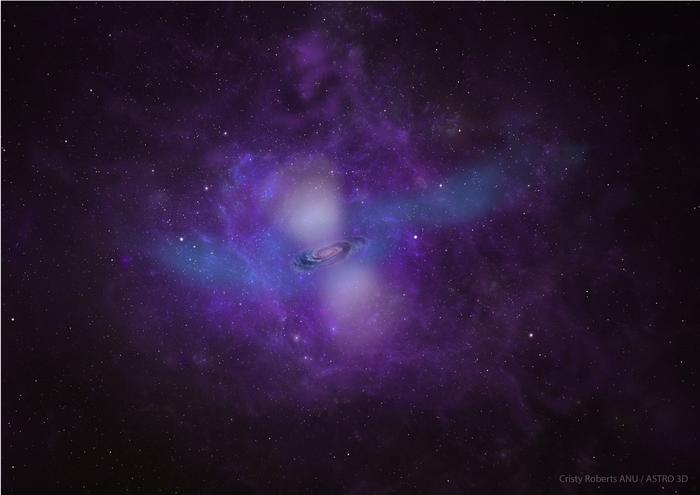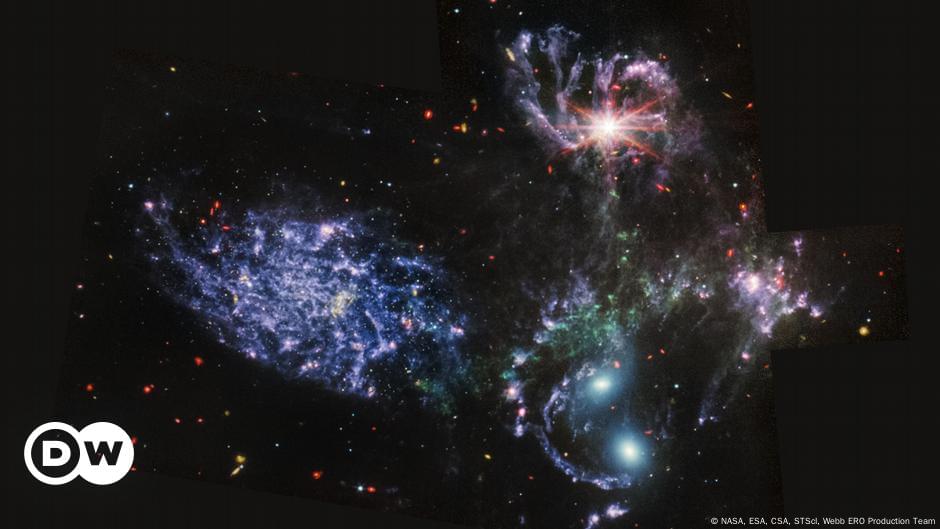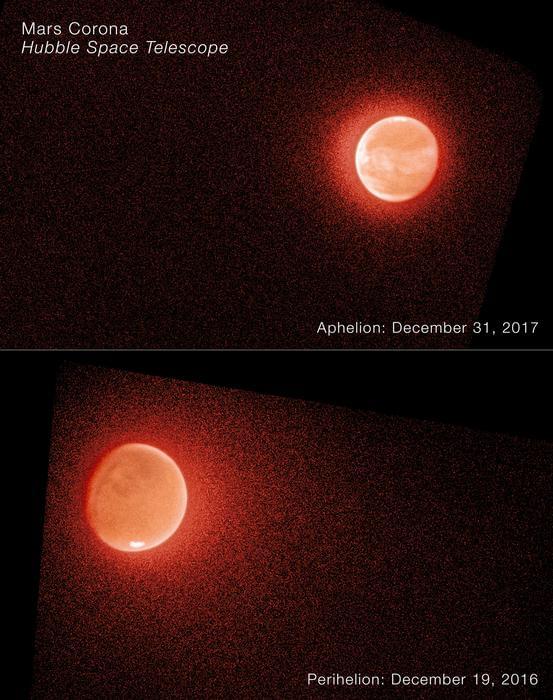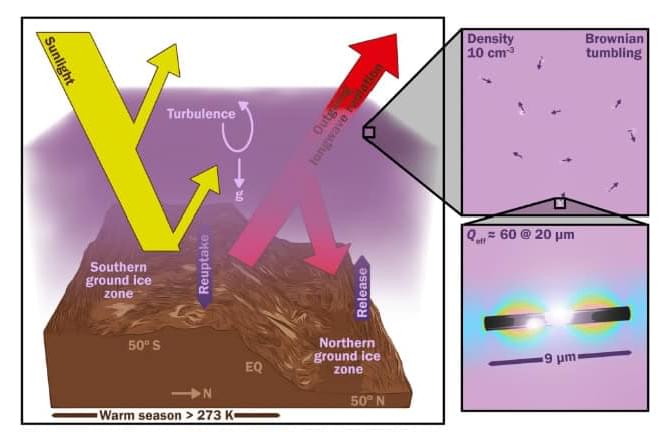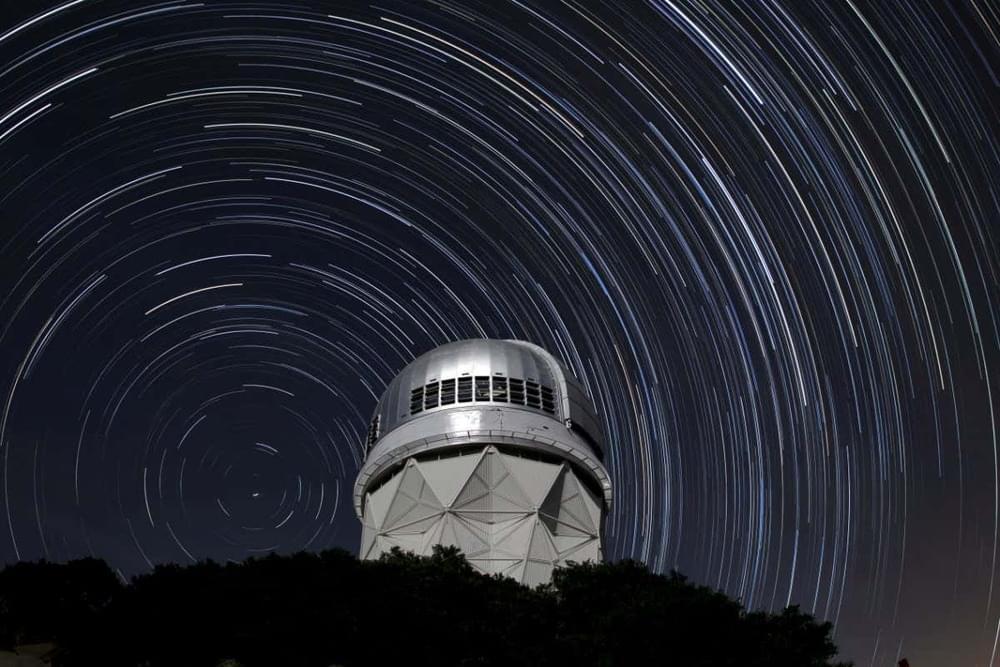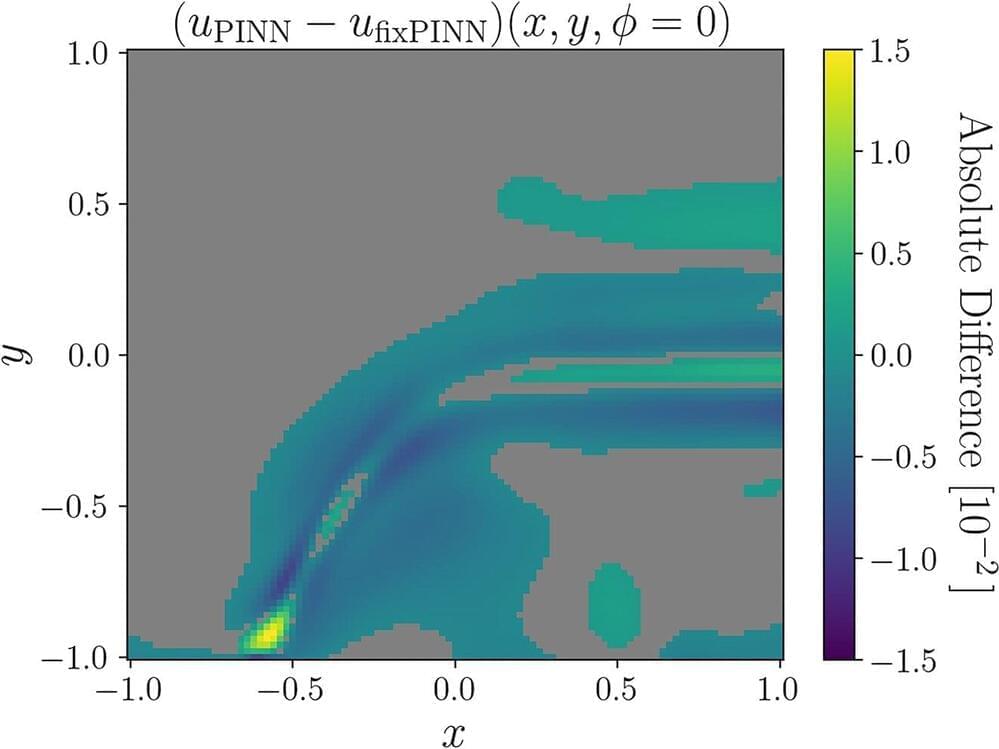“The circumgalactic medium plays a huge role in that cycling of that gas,” said Dr. Nikole Nielsen.
What are the exact sizes of galaxies, and are they bigger than they appear in deep space images? This is what a recent study published in Nature Astronomy hopes to address as an international team of researchers investigated the dust cloud that has long been hypothesized to orbit galaxies, indicating that galaxies are bigger than they appear. This study holds the potential to help scientists better understand the formation and evolution of galaxies, along with where the galaxy ends, and open space begins.
For the study, the researchers examined what’s known as the circumgalactic medium (CGM), which is a gas reservoir that extends far beyond a galaxy’s observable boundary, within a star-forming galaxy located 270 million light-years from Earth. Using novel imaging methods with ASTRO 3D, the researchers were able to observe this galaxy’s CGM extends as far out as 100,000 light-years beyond the galaxy’s observable boundary. Additionally, the team reports the physical aspects of the gas cloud, which is comprised of oxygen and hydrogen, changed as the gas cloud extended farther out.
